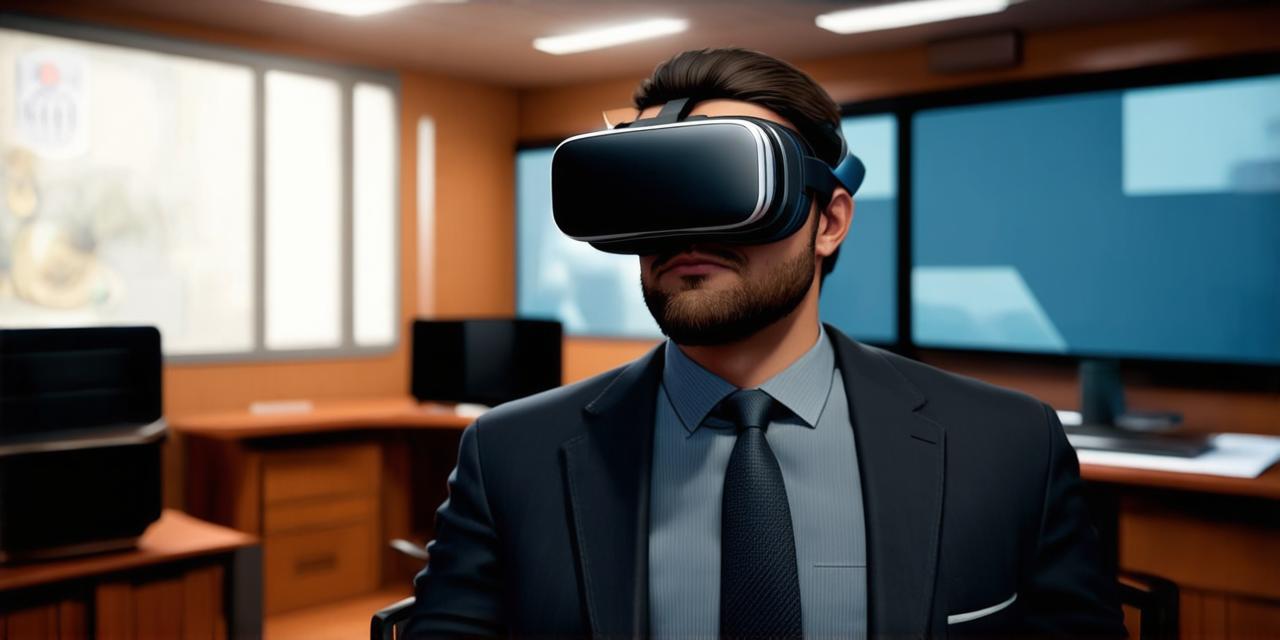Milgram’s classic experiment is a well-known study in psychology that explores obedience to authority figures. In the original experiment, participants were asked to administer electric shocks to an “unseen” person who had allegedly stolen money from them. The results of the study have been widely debated and discussed in the field of psychology.
In recent years, virtual reality (VR) simulations have been used to replicate Milgram’s classic experiment and explore new aspects of the original findings. VR technology allows researchers to create immersive environments that closely mimic real-life situations, providing a more realistic and engaging way to study human behavior.
Obedience to Authority in VR Simulations
One of the main findings of Milgram’s original study was that participants were more likely to obey authority figures even when they knew it was wrong. This phenomenon has been replicated in several VR simulations of the experiment.
For example, a study by researchers at the University of California, Irvine found that participants were still willing to administer electric shocks to an “unseen” person in a VR simulation, even though they knew it was a computer-generated scenario and not real people.
The Implications of Obedience to Authority in VR Simulations
The findings from VR simulations of Milgram’s classic experiment have important implications for our understanding of obedience to authority figures. Firstly, they suggest that the tendency to obey authority is not limited to real-life situations but can also occur in virtual environments.
Secondly, they highlight the importance of situational factors in shaping our behavior, as participants were more likely to obey authority figures in a VR simulation when they believed the situation was more realistic and less risky.
Limitations of VR Simulations

While VR simulations offer an exciting new way to study human behavior, they are not without their limitations. One major limitation is that participants may become desensitized to the virtual environment and lose their sense of empathy towards others.
Additionally, VR simulations may not capture all the nuances of real-life situations, such as the social and cultural context in which they occur.
Summary
In conclusion, VR simulations have provided valuable insights into Milgram’s classic experiment by replicating the original findings and exploring new aspects of human behavior. The results suggest that obedience to authority figures is not limited to real-life situations but can also occur in virtual environments. However, it is important to recognize the limitations of VR simulations and their role as a complementary tool for studying human behavior.
